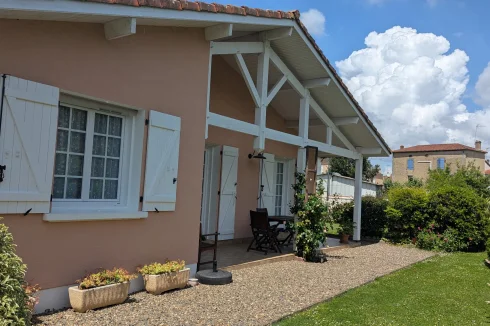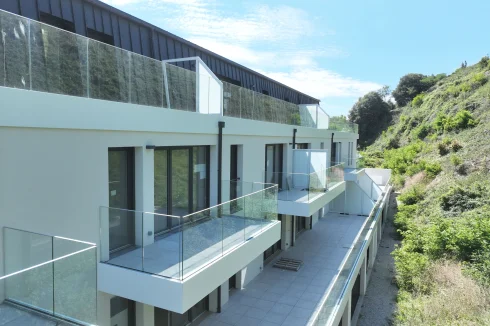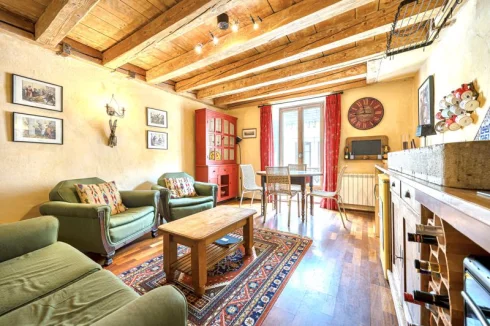Hidden Costs of Healthcare in France
Friday 04 November 2016
A new study reveals the extent to which patients are directly responsible for the costs of their health-care.
Although France has a universal system of public health care, financing of the system is not entirely from public funds.
In a total budget of €195 billion around 22%, or €42 billion, of the costs are met by patients through the insurance contributions to their complementary health insurer (€25.7b) and the out-of-pocket charges they pay directly (€16.4b).
In theory, those with a serious medical illness (Affection de longue durée - ALD) are fully covered at the rate of 100% for the treatment costs of their illness, and whilst the official reimbursement rates for other patients varies by illness and treatment it is generally around 70%.
A new study* reveals that in practice:
- An individual with a serious medical illness is covered for around 88% of their costs, with such patients left with average charges of €752 a year to pick up.
- The reimbursement rate for non-ALD patients averages 63%, leaving annual costs of €673 for them to pay.
These figures are an average for all patients of all ages.
For some the annual charges are substantially higher, with the study finding that 10% of patients with a chronic illness need to pick up costs averaging €1,697 a year and 10% of non-ALD patients having charges averaging €2,160 a year. For 5% of ALD patients, their charges averaged €2,750 a year and 1% had charges in excess of €5,000 a year (Cour de Comptes).
The explanation for the discrepancy between theory and practice is complex, but over the past decade the government has introduced a range of measures which have either reduced rates of reimbursement or otherwise imposed additional charges on patients and insurers, which often apply to ALD and non-ALD patients alike.
Many hospital consultants and other medical specialists also impose surcharges (depassement honoraires) over and above the standard fixed tariff set by the government on which reimbursements are based.
Neither is the process of obtaining reimbursement for a serious illness at the rate of 100% automatic. Your condition needs to be on a prescribed list and the process is kicked off by your doctor who makes application to the local health authority. Although doctors have been issued with guidance, some make application whatever stage the illness has reached, whilst others take the view that until or unless it reaches an advanced stage an application is not deemed appropriate. Around 10 million individuals in France have an ALD.
Complementary 'Top-Up' Insurance
In order to meet those charges not met by the State, around 95% of households are covered by a complementary health insurance policy, whether through their workplace or one taken out on an individual basis.
The extent to which these 'top-up' health insurance policies cover unmet charges depends on the level of cover offered by the policy and the circumstances of the patient.
The table below from the study shows the average annual patient charges for all ALD patients and for 10% of ALD patients having the highest charges to meet. It also shows the same for non-ALD patients.
The table then compares the charges left for a 65 year-old individual having a complementary policy offering three different levels of cover - basic, average and premium.
The annual premium for one of these policies varies by insurer, level of cover, and age of client, from around €500 a year to over €2,000 a year.
What the table shows is that in all cases, whatever the level of cover, our patient still has some costs at the point of care, without reimbursement.
| Patient Health Charges | ||||
| Patient Charges with No Policy | Patient Charges with Basic Policy | Patient Charges with Average Policy | Patient Charges with Premium Policy | |
| All ALD Patients | €752 | €467 | €227 | €111 |
| 10% ALD Patients | €1,697 | €1,085 | €483 | €187 |
| All Non-ALD Patients | €673 | €390 | €210 | €107 |
| 10% Non-ALD Patients | €2,160 | €1,364 | €826 | €415 |
A high proportion of the charges remaining to the patient are those for dental and optical treatment, which are poorly reimbursed by the social security system and expensive to cover in complementary policies.
Fabien Pellisier, an English-language health insurance broker in France comments that: "Taking out a complementary policy that minimises dental and optical and provides basic hospitalisation cover can significantly reduce the level of the premium, although that would push up out-of-pocket charges you would need to meet."
Some of the patient charges are also those of personal choice, such as a private room or television during hospitalisation, for which complementary policies can provide cover.
*Collectif interassociatif sur la Santé (CISS)
Related Reading:
Back To: French News
Thank you for showing an interest in our News section.
Our News section is no longer being published although our catalogue of articles remains in place.
If you found our News useful, please have a look at France Insider, our subscription based News service with in-depth analysis, or our authoritative Guides to France.
If you require advice and assistance with the purchase of French property and moving to France, then take a look at the France Insider Property Clinic.





